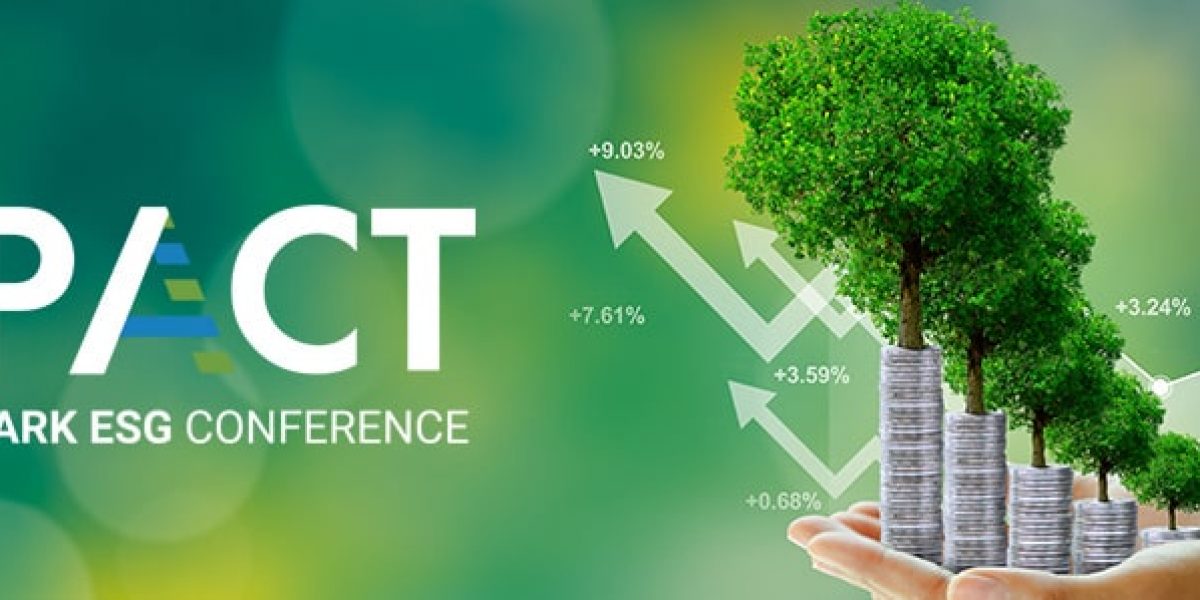Upon returning home from Benchmark’s annual customer conference—Impact 2022—I couldn’t help but take issue with something I read in that week’s edition of The Economist, a favorite magazine of mine.
In a piece entitled “The woolliest words in business,” the magazine’s work and business management column, Bartleby, sought to contest the increasingly unquestioned ubiquity of corporate buzzwords and phrases that, in the magazine’s view, “are anodyne to the point of being useless.”
While that may be an apt characterization for some of the author’s targets, one supposedly “woolly” word in particular—“sustainability”—is deserving of defense.
For Bartleby’s part, the meteoric ascent of the concept of corporate sustainability, while encouraging, is not without its failings. Indeed, as the column suggests, the exercise of corporate sustainability is, at least in principle, as difficult to argue against as it is to articulate. The result, of course, has been the proliferation of greenwashing and social washing. Today, we are faced with a deluge of contrived, exaggerated claims of environmentally and socially beneficial business practices promulgated by executives, at least in part, to save face in the capital markets.
But this is changing.
As was discussed at length through the panels, presentations, and workshops that marked our three days in Orlando, the corporate sustainability phenomenon is here to stay. And its manifestations and achievement mechanisms, along with the metrics and methods we use to measure and report the myriad effects of their outcomes, are rapidly maturing.
The key is data.
Mounting scrutiny from increasingly judicious investors and regulators has brought rigor to not only what Environmental, Social and Governance (ESG) issues businesses are expected to manage, but also to the metrics and methods by which they measure and disclose the effects of their ESG issues management.
At the same time, accelerating advancements in digital data management technologies are enabling companies to set goals for managing those ESG issues in line with stakeholder expectations. They are enabling companies to continuously monitor the effectiveness of the ESG issues management efforts and translate them into financial terms.
Most importantly, these cloud-based systems are enabling companies to welcome scrutiny with confidence. They are enabling companies to be transparent with their internal and external stakeholders so that they may be held credibly accountable to their sustainability performance commitments.
It’s investment-grade data that stands to demystify corporate sustainability, make its practice commonplace and, ultimately, ensure it achieves what it’s intended to.
Benchmark remains committed to enabling our current and future subscribers alike with the best-in-class digital solutions and intelligence they need to, in the words of Impact 2022 keynote speaker Andy Karsner, “embed their ethical values into corporate strategy,” and “measure what matters most with accuracy and integrity.”
We hope you’ll join us in this effort.



